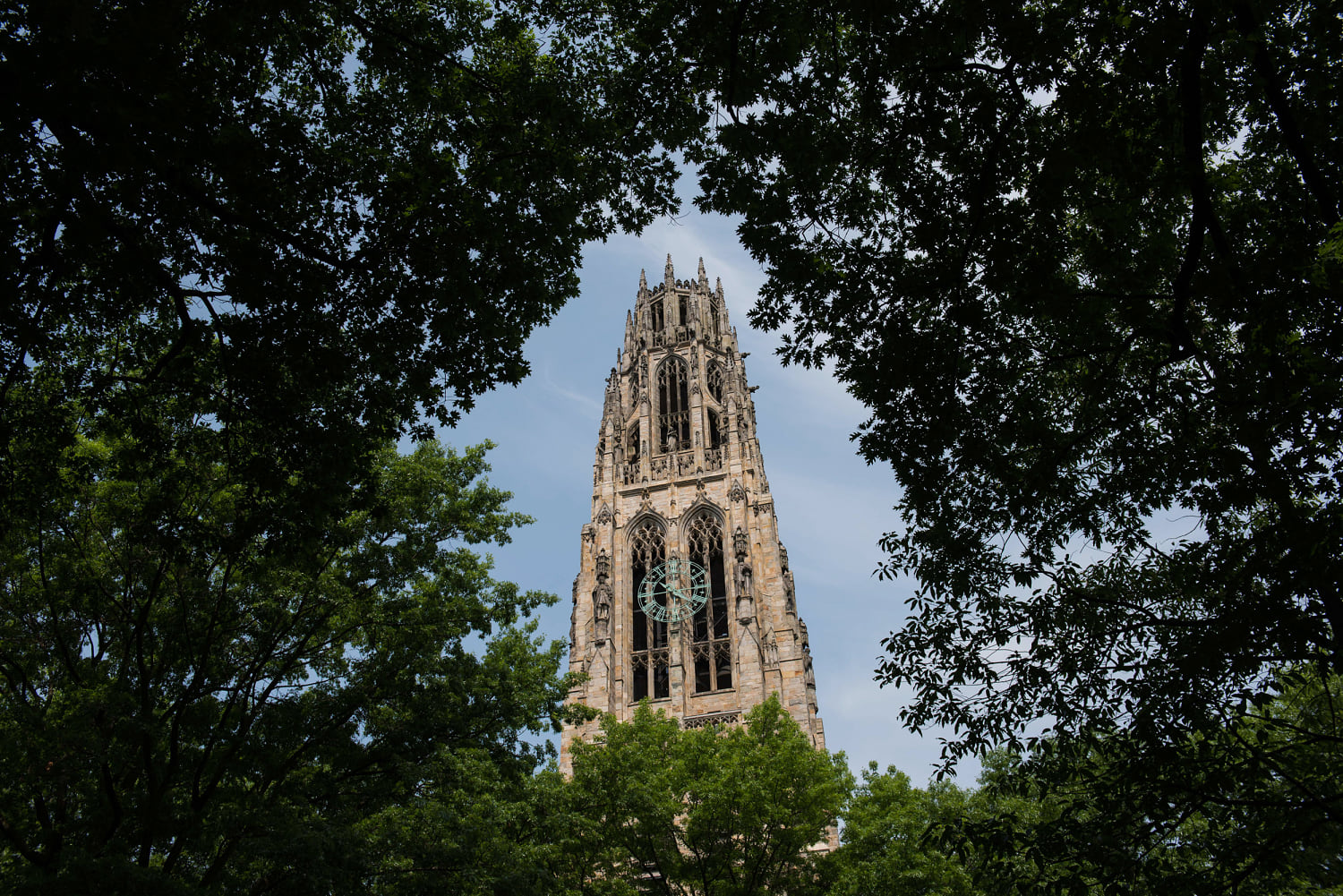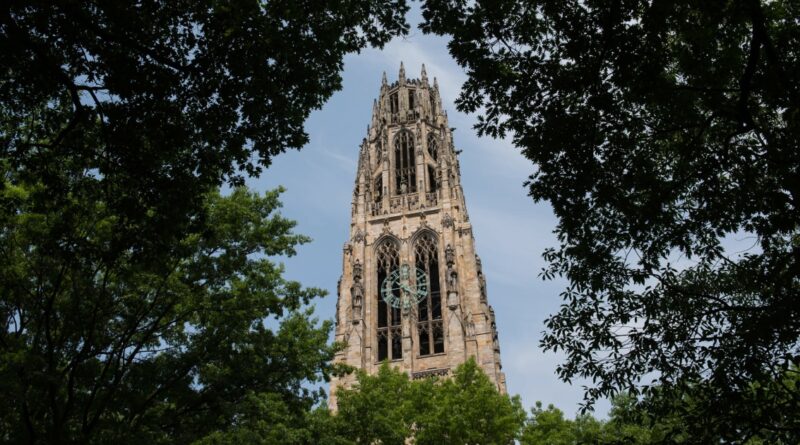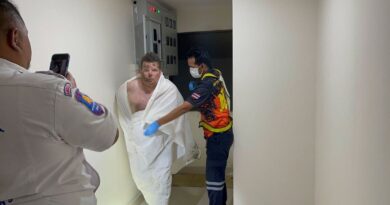Police arrest pro-Palestinian supporters at encampment on Yale University plaza

Police officers have arrested protesters who had set up an encampment on Yale University’s campus in support of the Palestinian cause Monday morning.
Protesters had been on their third night of camping out in an effort to urge Yale to divest from military weapons manufacturers, the Yale Daily News reported.
Officers gathered at the protest site at Beinecke Plaza shortly before 7 a.m. Monday, seen approaching the encampment and “flipping up the entrances to the tents,” the school paper wrote on X.
Then officers issued a warning for students and press to leave, or they’d be arrested.
Minutes later, the school paper wrote on X that police were arresting people. Yale Police Lt. Roosevelt Martinez told the paper that students involved in the protests were arrested for trespassing, and those arrested were being transported in shuttles for “processing.”
It’s not clear exactly how many people and students were arrested, but the Yale Daily News counted at least 35 people.
By 8 a.m., no students were left on the plaza and all protesters remaining on the plaza had been arrested.
After the arrests, a crowd of over 200 protesters blocked an intersection on campus as organizers “announced that people arrested are being charged with Class A misdemeanors,” the school paper wrote on X.
Forty police officers are reported to be at the scene, blocking students from entering the Schwarzman Center Rotunda.
NBC News is out to Yale police and university officials for comment.
The tension on campus comes as another Ivy League Institution, Columbia University in New York City, holds classes virtually Monday following pro-Palestinian encampment and protest that also resulted mass suspensions arrests.
In a statement Sunday, Yale University officials said that protests in Beinecke Plaza and other parts of campus “have grown significantly over the weekend, and some members of the broader community have joined our students.”
While the school “supports free speech and civil discourse,” the encampment protest had violated some university guidelines and policies, which school leaders warned participants about.
“Putting up structures, defying the directives of university officials, staying in campus spaces past allowed times, and other acts that violate university policies and guidelines create safety hazards and impede the work of our university,” Yale University president Peter Salovey and Professor of Psychology Chris Argyris wrote.
While many students participating in protests and counter protests “have done so peacefully,” the school was aware of reports of “egregious behavior, such as intimidation and harassment, pushing those in crowds, removal of the plaza flag, and other harmful acts,” the statement said.
The officials stressed: “Yale does not tolerate actions, including remarks, that threaten, harass, or intimidate members of the university’s Jewish, Muslim, and other communities,” and school police are investigating such actions.
The school officials said that they understood the disagreement with the school Advisory Committee on Investor Responsibility’s decision to not recommend a policy of divestment from military weapons manufacturers.”
“The ACIR—a committee of faculty, students, staff, and alumni—arrived at this conclusion after hearing from student presenters and engaging in careful deliberation. This is part of a formal process and relies on the university’s guide to ethical investing that has served Yale well for decades,” the statement said. “There are available pathways to continue this discussion with openness and civility, and I urge those with suggestions to follow them.”
This is a developing story. Please check back for updates.




